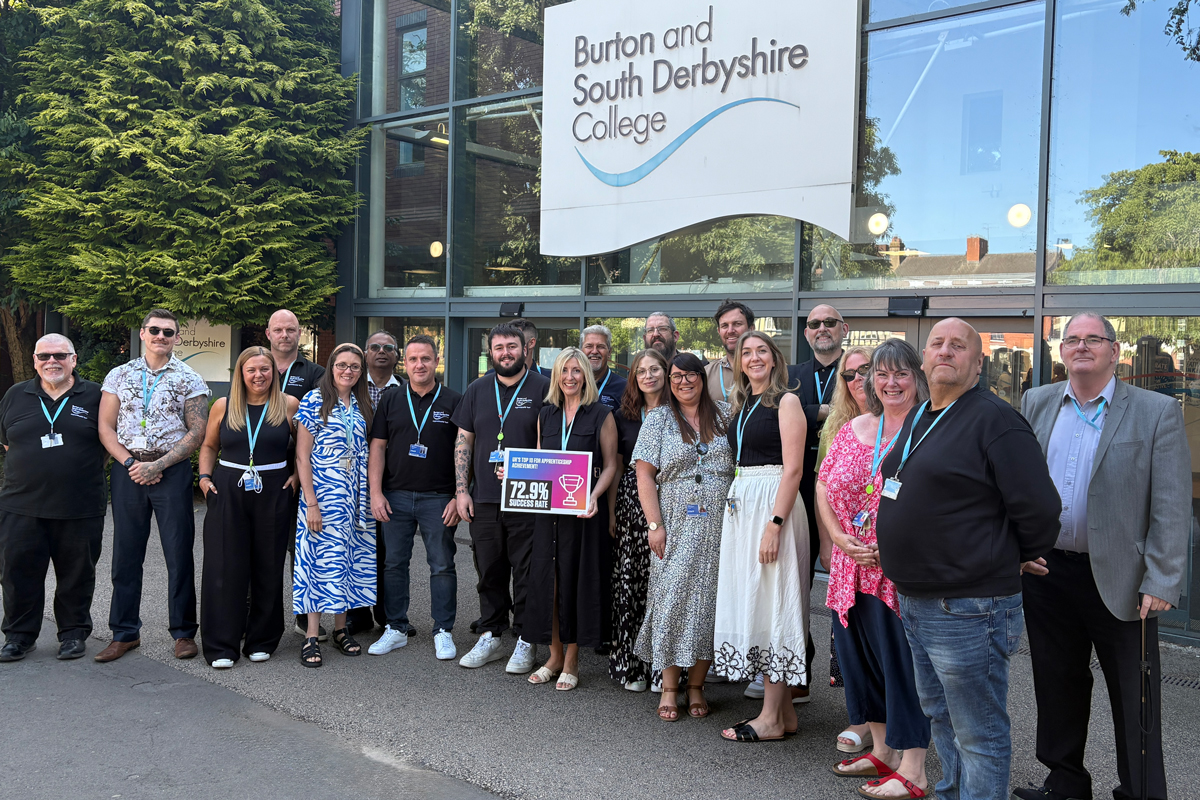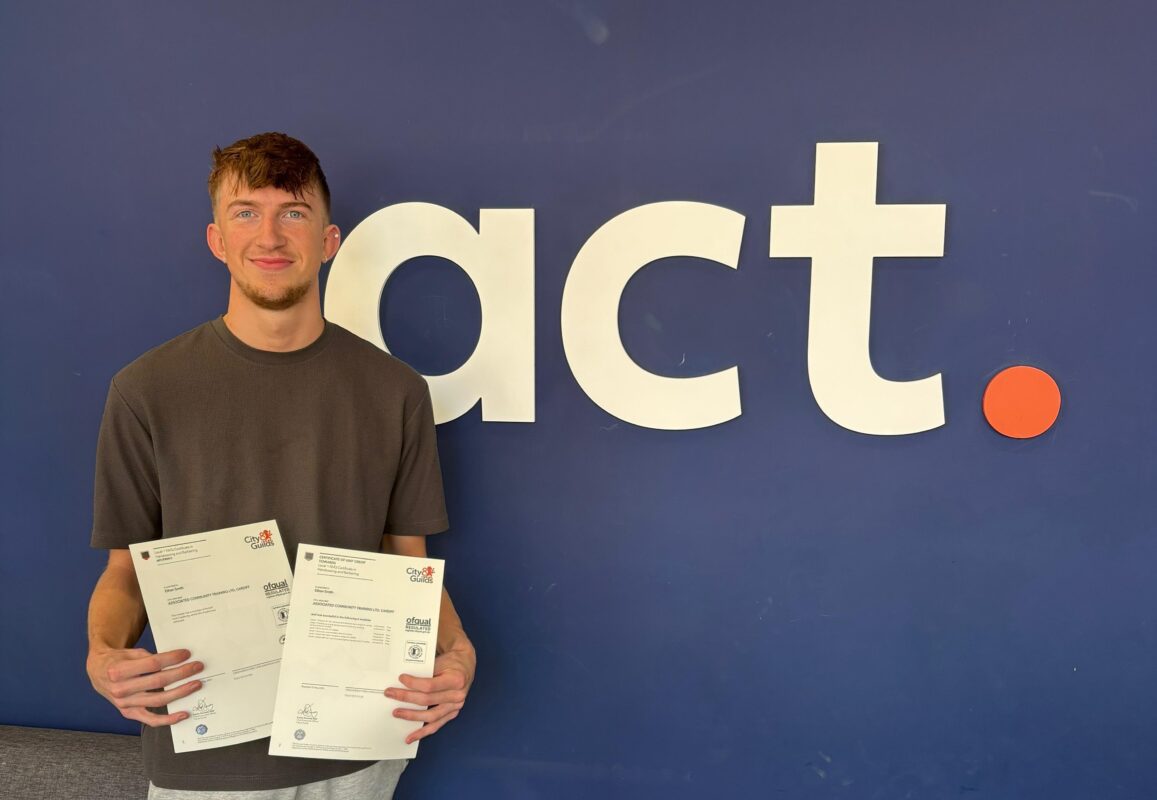Transform inequality to inclusivity with apprenticeships
Linda Martin, Managing Director of Professional Assessment Ltd (PAL), highlights how apprenticeships have the potential to improve equality of youth skills
It is a turbulent time for the planet’s young people.
From the recent Roe v Wade decision made by the US Supreme Court and the continued displacement of people in war-torn countries like Ukraine and Somalia, to the slow global socio-economic recovery from Covid-19 and heightened awareness of the growing climate crisis – there are plenty of reasons why youth around the world are facing exclusion from learning and upskilling opportunities.
In the UK, young people with disabilities, those from poorer households, individuals living in rural communities and those hailing from minority groups all face the same barriers to the world of work. When young people are emerging from university clutching their degrees in droves and are struggling to find adequate full time employment opportunities, where does that leave people who may have no previous qualifications, or have zero access to funding for further training?
Young people are also faced with choosing a career path in a shapeshifting landscape powered with rapid technological change, with some uncertainty remaining over which specific skillsets will be in demand once society can truly close the book on the pandemic.
We at PAL believe that access to education and training for all has a fundamental role to play in levelling the playing fields. What’s more, flexible training options like apprenticeships – which allow people to earn money while they acquire skills – provide a unique opportunity to improve social mobility for all.
Apprenticeships are inclusive by their very nature. Anyone can apply for one, no matter their previous experience or qualifications. This means that individuals who may have experienced complete exclusion from the professional sphere can enter an industry of their choosing with sustained, proper support from the outset.
The national apprenticeship standards have improved vastly in recent years. Since the introduction of formalised end-point assessments (EPAs) for apprentices, a standardised quality of training across all sectors has been guaranteed. It is especially important that people who have experienced inequality have access to training that is of consistent quality, to make such an opportunity a worthwhile one. Equal access to robust skills can be provided to all who undertake an apprenticeship via EPA, regardless of their background or personal situation.
EPAs also place proper structure into any apprenticeship course to ensure apprentices are able to hit the ground running upon completion, entering their chosen sector feeling confident that they are armed with the right skills and knowledge to continue their career with a vision of how they can progress in future years.
By working towards an EPA there is a guarantee that the training provided will meet both the needs of the apprentice and employer upon completion.
Thankfully, there are wide-ranging standards and assessment formats available, meaning that the various flexible routes to training open the doors to students with varying experience of formal exams and academia. Assessment methods can include professional discussion, written exams and formal observation in the workplace. This does mean however, that while there may be some apprentices who will embrace being able to be assessed in varying ways, more often than not individuals will have fluctuating strengths depending on their existing personal skills.
Though EPAs differ to that of more traditional training and education options – bringing a wider range of candidates to the world of work in a standardised way – apprentices need to have access to proper support from their employer to ensure they are fully prepared for their assessment. This is even more important for young apprentices who may have faced inequality in an educational setting, at home or in society at large, and are entering the world of work for the first time.
Employers can offer ongoing support from the outset by first familiarising themselves with the provider’s assessment plan, so they can communicate every step of an apprentice’s journey to EPA with them, without leaving them vulnerable to any surprises that may knock their confidence. Then going forward, it’s simply a case of preparing each candidate for the different styles of assessment. Practice professional discussions in role play scenarios; hold mock observations during busy days in the workplace; and prepare them for any written exam by ensuring the apprentice has a good factual understanding of the skills and issues relating to their role and the industry they’re entering.
EPAs are an essential part of any apprenticeship, but they have not been designed to trip people up; the whole process gives people who may have previously experienced inequality the opportunity to showcase the value of their knowledge and newly acquired skillset to their new employer and chosen sector.
It’s time to put thoughts into action. Your institution or educational facility should reach out to the more marginalised members of the community, and welcome them with open arms and a clear message: apprenticeships mean inclusive training opportunities for everyone.
For more information about Professional Assessment Ltd visit: www.professionalassessment.co.uk











Responses